Beyond “Not Urban”: Andy Mink on Serving Rural Communities
Wednesday, February 4, 2026
As part of the 2025–2026 Obermann Symposium, Cultivating Rurality: Building Community around Rural Research (March 26–27), we’re excited to welcome Andy Mink, founding director of the Smithsonian’s Rural Initiative. In his keynote “More than ‘Not Urban’: Serving Rural Communities as Places and as People” on March 27, he'll explore how the Smithsonian is redefining itself as more than a destination in Washington, D.C., becoming a public service accessible to rural communities nationwide through collaborative, community-sourced partnerships that respond to local priorities and challenges.
In advance of his visit, Obermann Program Coordinator Maria Torres Melgares spoke with Andy about his work and the ideas he’ll bring to the symposium.
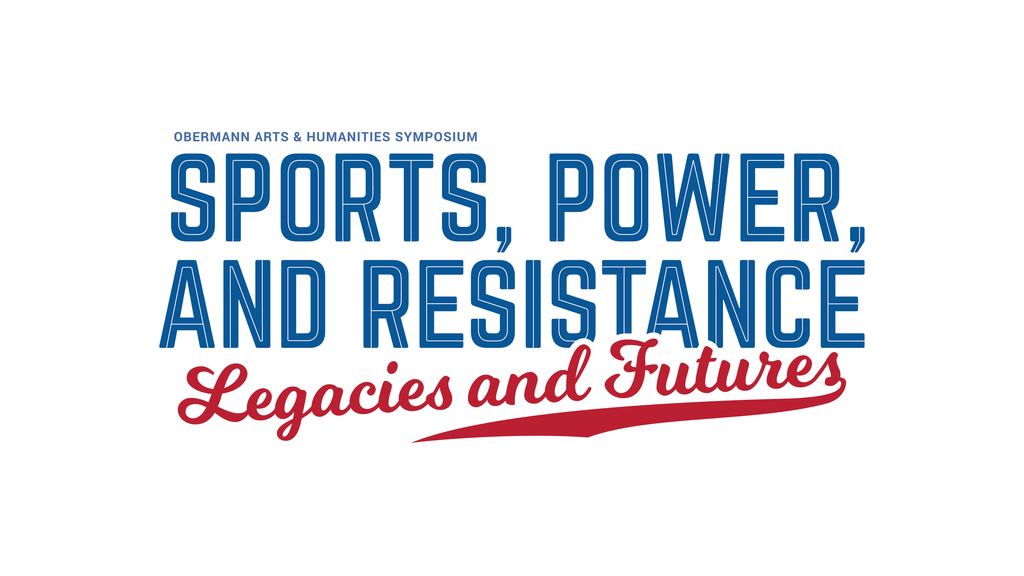
Exploring the Intersection of Sports, Media, and Culture
Tuesday, September 12, 2023
In the ever-evolving landscape of sports, media, and culture, two distinguished University of Iowa scholars, Tom Oates (American Studies and Journalism) and Travis Vogan (Journalism and American Studies), have been instrumental in shaping critical discussions and interdisciplinary explorations. As part of their ongoing commitment to advancing the understanding of sports within broader societal contexts, the two are directing the Obermann Center’s 2023 Arts and Humanities Symposium, “Sports, Power, and Resistance: Legacies and Futures.” With a shared vision of bringing together diverse perspectives, their efforts highlight the important role of sports in contemporary culture and politics.
Below is a Q&A with co-directors Thomas Oates and Travis Vogan.
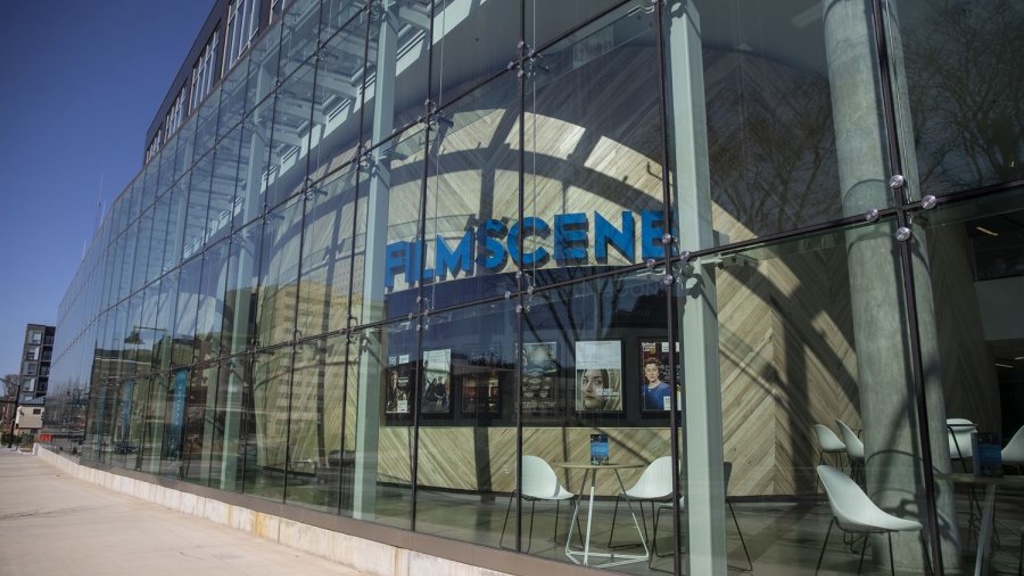
Obermann Center symposium’s ‘Frequências’ film festival explores Afro-Brazilian cinema
Sunday, April 2, 2023
The door of no return; the reinvention of belonging; Blackness in Brazil; these topics and more were the focus of this year’s Obermann Humanities Symposium. Presented in Iowa City by the Obermann Humanities Symposium & International Programs Major Project Award, the “Frequências” festival displayed lectures, cinema screenings, interventions, exhibits, and performances by contemporary Afro-Brazilian artists and scholars discussing Black diaspora.
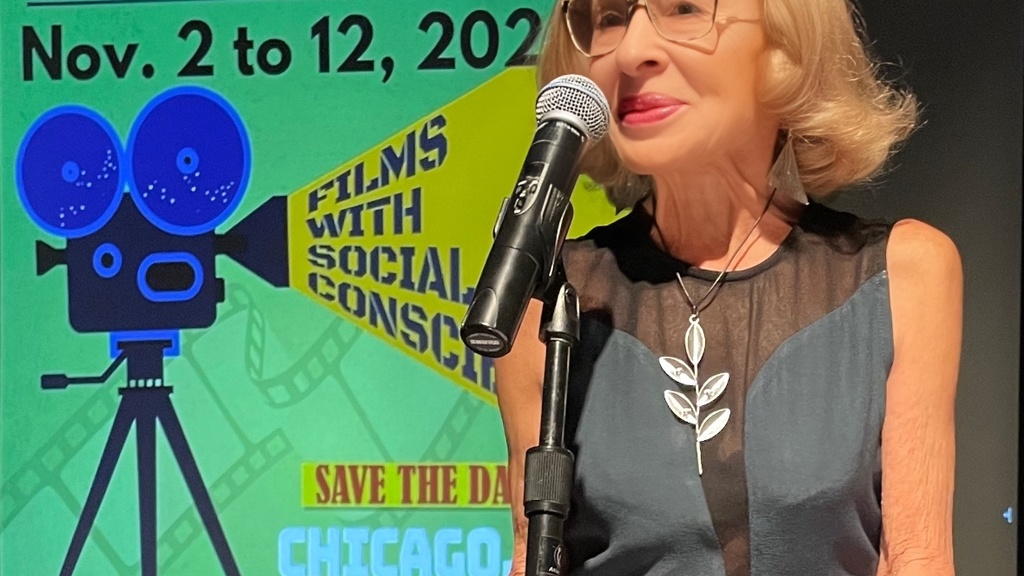
Building Bridges: The MOSTRA Brazilian Film Festival
Monday, March 20, 2023
Cris Lira: Tell us a little bit about yourself and how the idea for the Mostra: Brazilian Film Series has started.
Ariani Friedl: I am Brazilian, 'gaúcha' (RS), and I have been living in the United States for over 50 years. I worked at the University of Illinois @ Chicago for over 20 years as Director of the John Nuveen Center for International Affairs. I was a member of the Board of Directors of the International Latino Cultura Center for over 15 years and also organized the Chicago Latino Film Festival in 2006 when our Director was on a leave of absence. I have the fortune of meeting many of our Brazilian filmmakers who attended the Latino Festival which always brings 3 - 4 Brazilian films. The question always posed by our Brazilian filmmakers was: "How can we better publicize and where else can we show our Brazilian cinema in the United States?" The idea of creating a festival with only Brazilian films in the Chicago area was born from this and it developed with another idea of bringing films with social conscience to be discussed in universities and other cultural and educational centers.
C.L.: Could you please tell us how do you select the films to be featured in the series?
A.F.: I bring to our festival every year, different Brazilian film critics and filmmakers. I also have collaborators in SP who attend many of our film festivals in Brazil and help me collect a list of films with relevant social content, and also films related to our culture (art, music, literature, dance...), history, environment, etc... We compile these in a document with trailers and synopses and present them to my Curatorial Committee (composed of professors, critics, and experts in cinema) for a decision in which films we will invite to our festival.
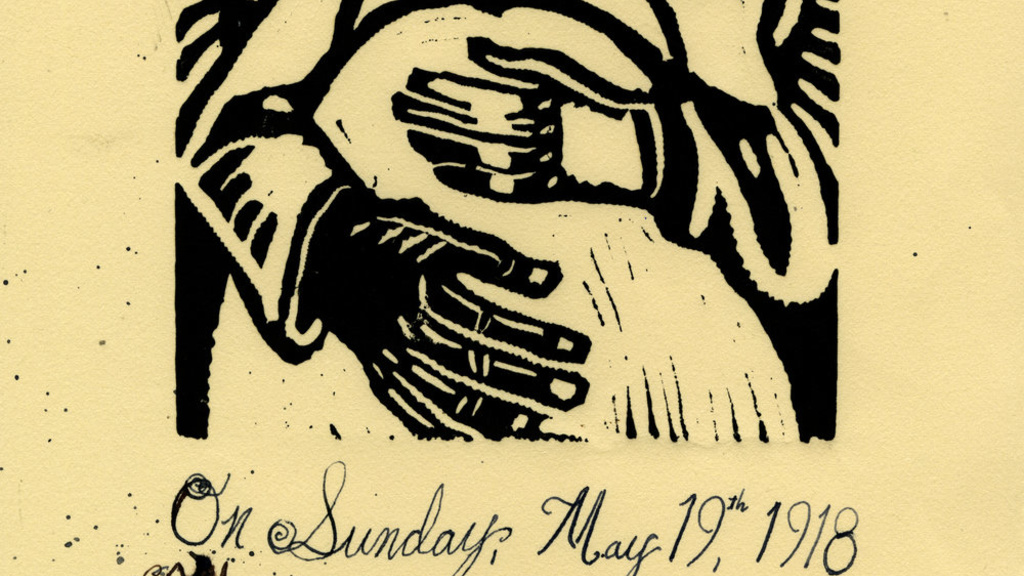
Thinking in Images: The Evolution of Rachel Williams
Sunday, April 11, 2021
“I had to think in images.” This is how Rachel Williams explains her progression as the artist-author of two graphic histories who moved from illustrating the words of others to bringing a story to life on her own terms. A painter and art educator by training, Williams’s approach has always been multi-disciplinary. For her recently published books, Run Home If You Don’t Want to Be Killed: The...
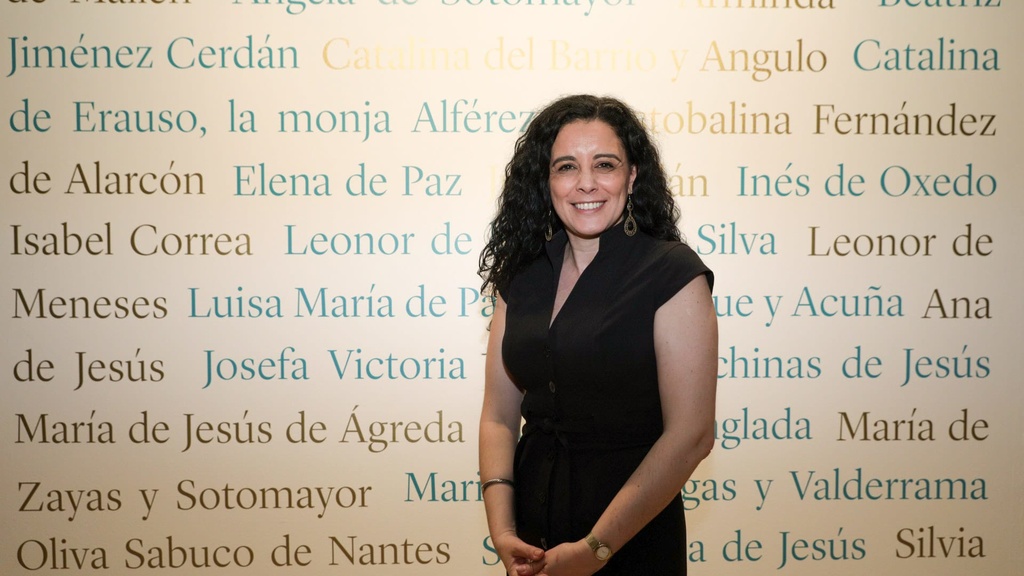
Wise and Valiant: Ana Rodríguez-Rodríguez celebrates forgotten women authors
Tuesday, February 16, 2021
While completing a PhD in Spanish and Portuguese at the University of Iowa, Martín López-Vega took a course on the Golden age of Spanish theater. When the class read Valor, agravio y mujer by Ana Caro, López-Vega was shocked. Though he was a native of Spain and had studied literature at the University of Spain, he’d never before heard of Caro. The course, which led him to discover the names and...
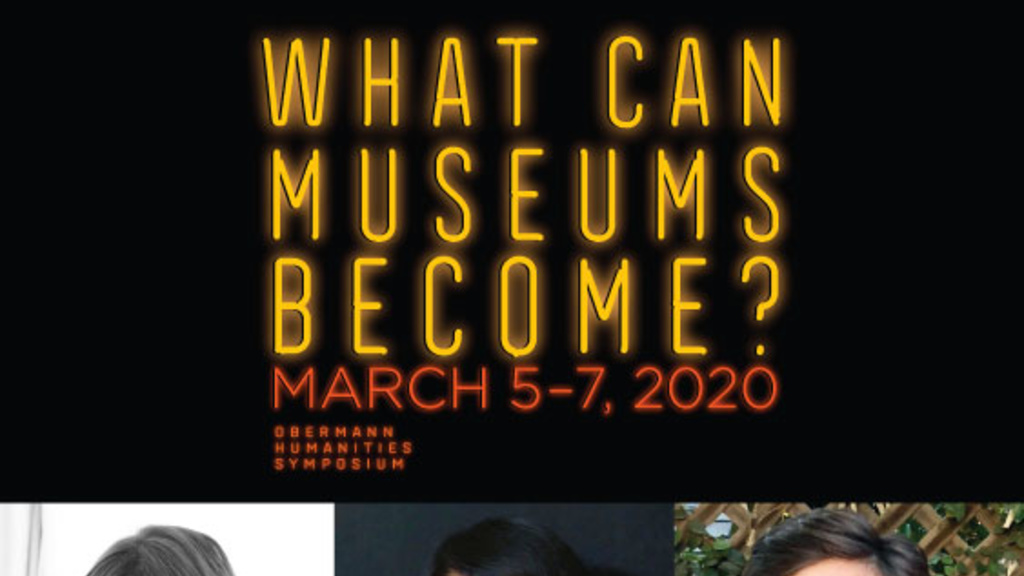
Activating the Museum
Friday, January 24, 2020
March Humanities Symposium to Explore Future of Museums When you think about museums, what comes to mind? Many of us picture an imposing building with artworks and artifacts displayed among velvet ropes, marble columns, and guards who shush you. But there are many possibilities for museums, and the two directors of this spring’s Obermann Humanities Symposium, “What Can Museums Become?”, Joyce Tsai...
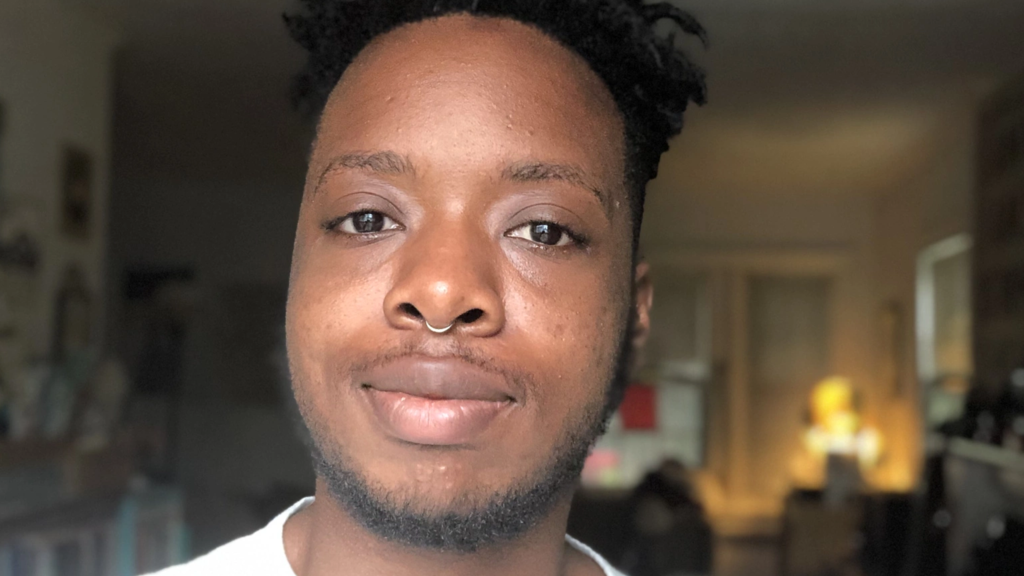
Black Curators' Roundtable Examines Changing Practices
Monday, October 21, 2019
This Friday's Black Curators' Roundtable is a first chance to hear some of the issues that will be central to the 2019–20 Obermann Humanities Symposium, What Can Museums Become? Led by trans poet, artist, curator, and UI alumnus Anaïs Duplan (pictured above), the event gathers three others curators to discuss their practices and trends. Facilitated by Duplan, founding curator for the Center...
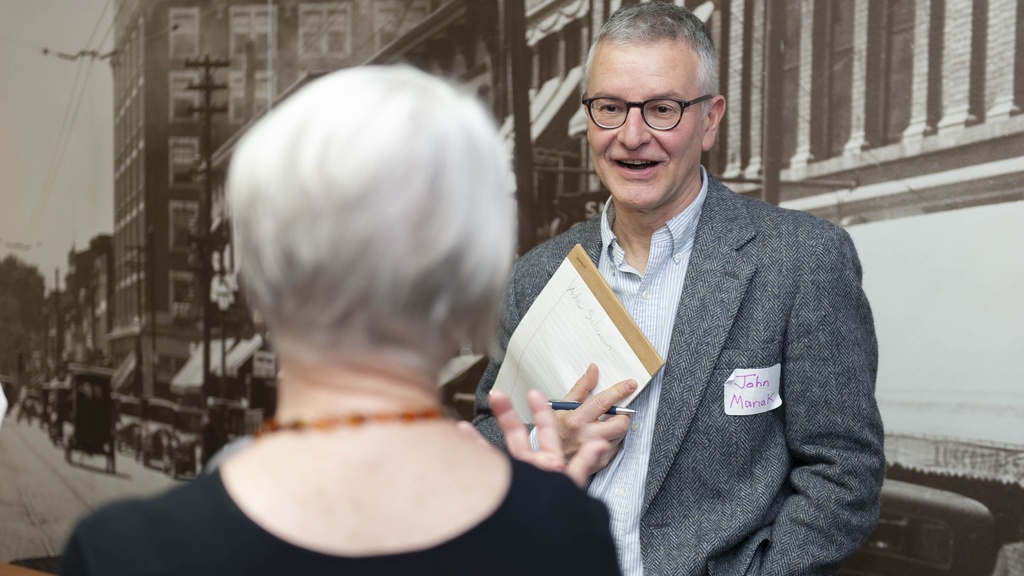
Misfitting: Symposium Connects Disabilities Studies Scholars, Shines Light on Need for Scholarly Leadership at UI
Wednesday, May 29, 2019
Tricia Zebrowski and Douglas Baynton pulled off a wonderful finale this spring. The two retiring professors—Zebrowski is in her first year as an Emeritus in Communication Sciences & Disorders, while Baynton retired in May 2019 from History—co-directed “Misfitting: Disability Broadly Considered,” the 2019 Obermann Humanities Symposium. During three days in April, the pair helped to host eminent...
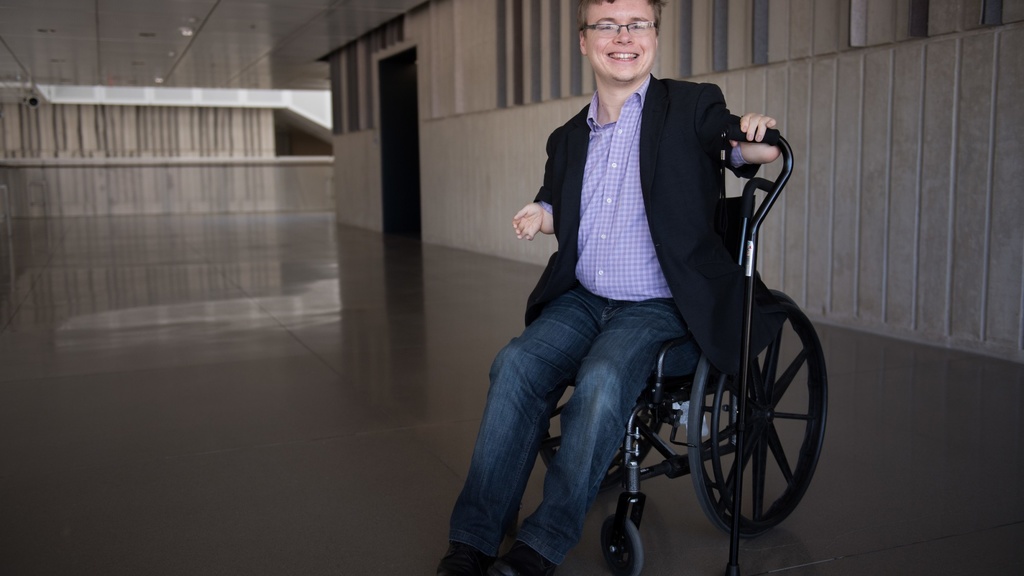
Andrew Tubbs: Scholar, musician, disability advocate, comedian
Wednesday, March 27, 2019
Andrew Tubbs would like to see more researchers recognize the influence that disability has on their work—no matter the field of study. “It’s beneficial for researchers to understand that disability inherently intersects with their work,” Tubbs says. “Being able to come at issues, research questions, and problems from a disability perspective helps nuance arguments.” The University of Iowa...
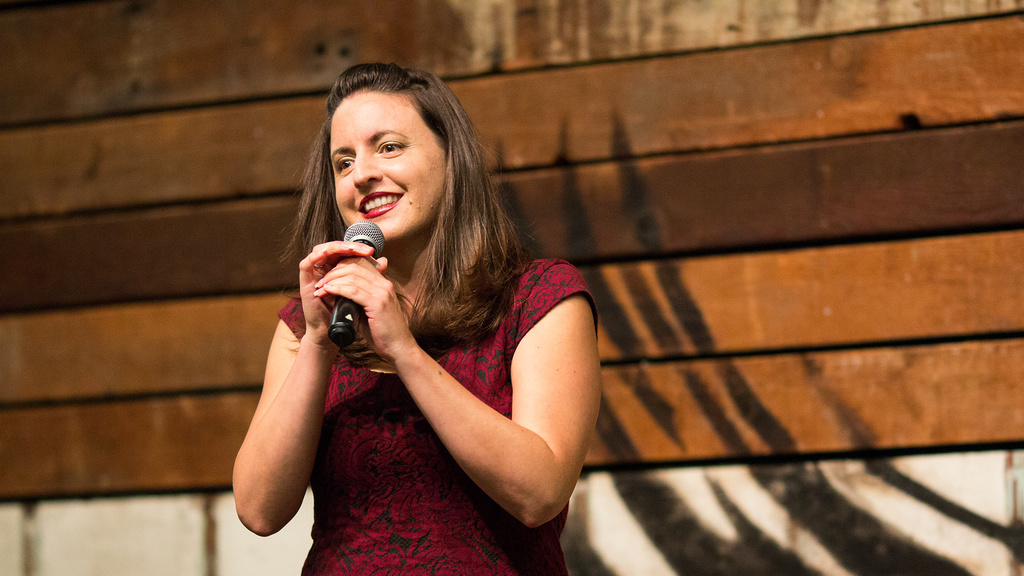
Nina G: Stuttering comic walks the line between satire and issue advocacy
Thursday, February 14, 2019
Bay Area comedian Nina G works tough territory. She plays gigs at clubs with names like “Nightlife on Mars” and “The Laugh Boat.” She stutters. And she’s really funny about it. While most stand-up comics engage their audiences through relatable stories, Nina G’s work pulls that kind observational humor into the broader intersection of comedy, satire and issue advocacy. That’s tough territory...
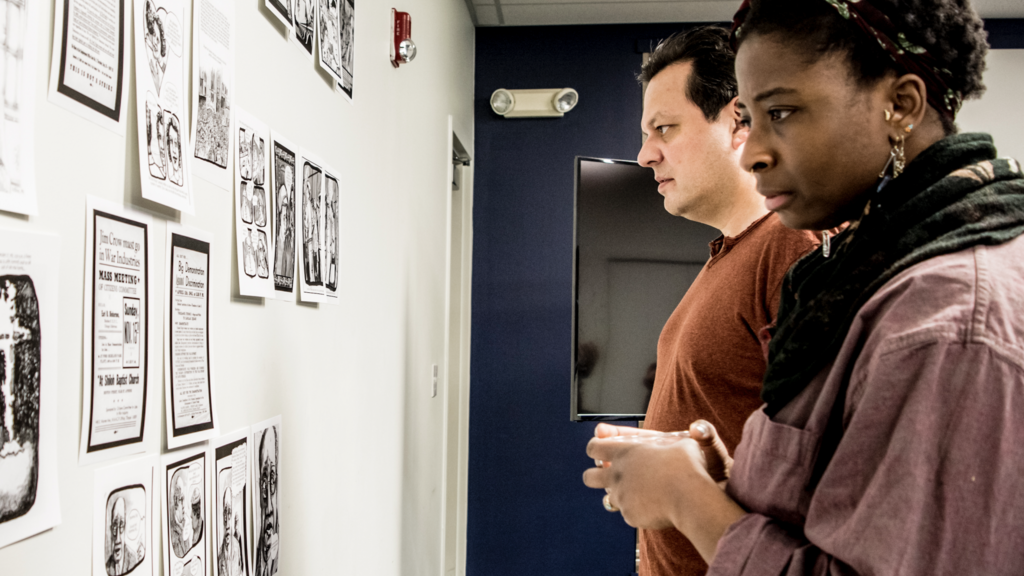
Archiving the Archives
Friday, April 20, 2018
The 2018 Obermann Humanities Symposium and Provost's Global Forum, "Against Amnesia: Archives, Evidence, and Social Justice," brought a dozen scholars, artists, and archivists to Iowa City to share their wide-ranging work. While our symposia are usually organized by two or three faculty members who propose topics, this time Obermann Director Teresa Mangum (Women's, Gender, & Sexuality Studies and...
Full audio of Trudy Peterson's keynote lecture on the Universal Declaration of Human Rights
Thursday, March 8, 2018
On March 1, 2018, Trudy H. Peterson delivered the Ida Beam Distinguished Visiting Professorship Keynote Lecture, “Best When Used By: The Universal Declaration of Human Rights” as part of the 2018 Provost's Global Forum/Obermann Humanities Symposium, "Against Amnesia: Archives, Evidence, and Social Justice." Listen to the full audio below:
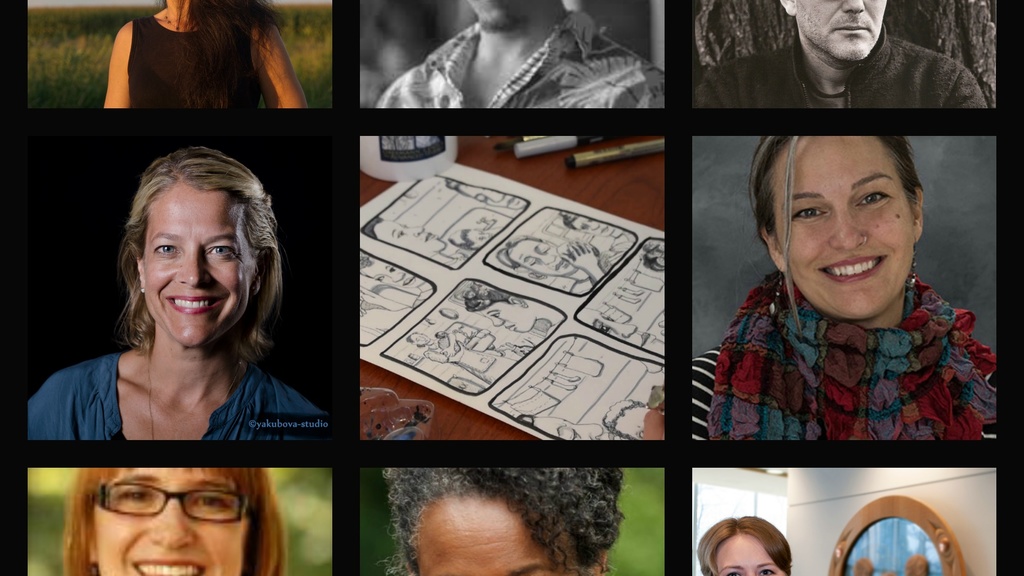
Archives as a Space for Social Justice Is Focus of Provost's Global Forum/Obermann Humanities Symposium
Friday, February 9, 2018
“It is essential to seize the power of archives and use it to hold institutional and government leaders accountable. All aspects of society should be documented, not simply those where power has traditionally resided.” —Randall Jimerson, “Archives for All: Professional Responsibility and Social Justice” Animating the Archives Archives conjure up visions of crumbling files tied with...
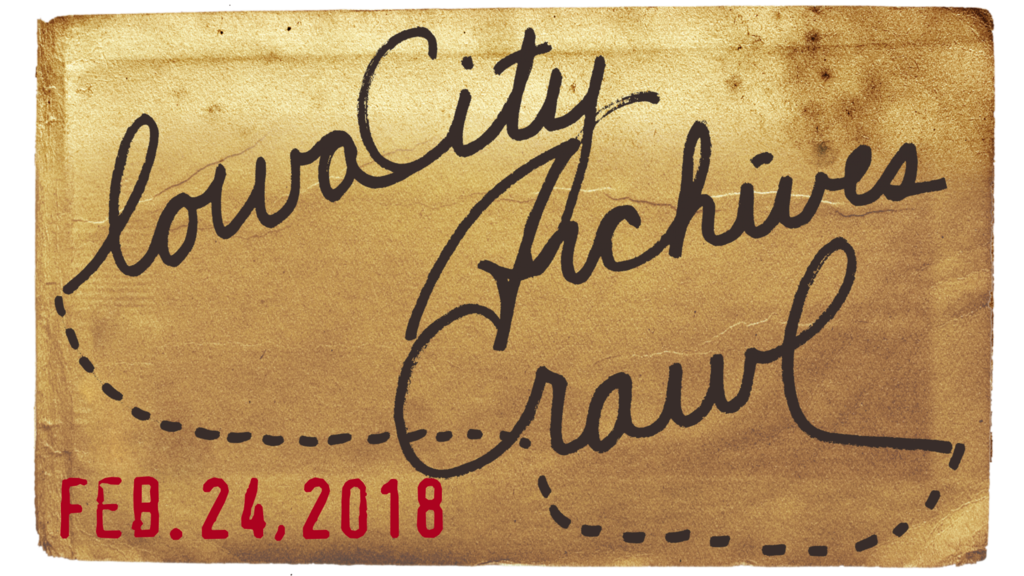
First Iowa City Archive Crawl Celebrates Treasures in Local Collections
Tuesday, January 30, 2018
Hold History in Your Hands at the First-Ever Iowa City Archives Crawl What gems hide in plain sight in Iowa City’s libraries, museums, and archives? At the area’s first-ever archives crawl, visitors can snoop in between the pages of historic diaries, read other people's mail, hold feathers and fossils, and peer into mysteries revealed by historic artifacts like swords and locks of...
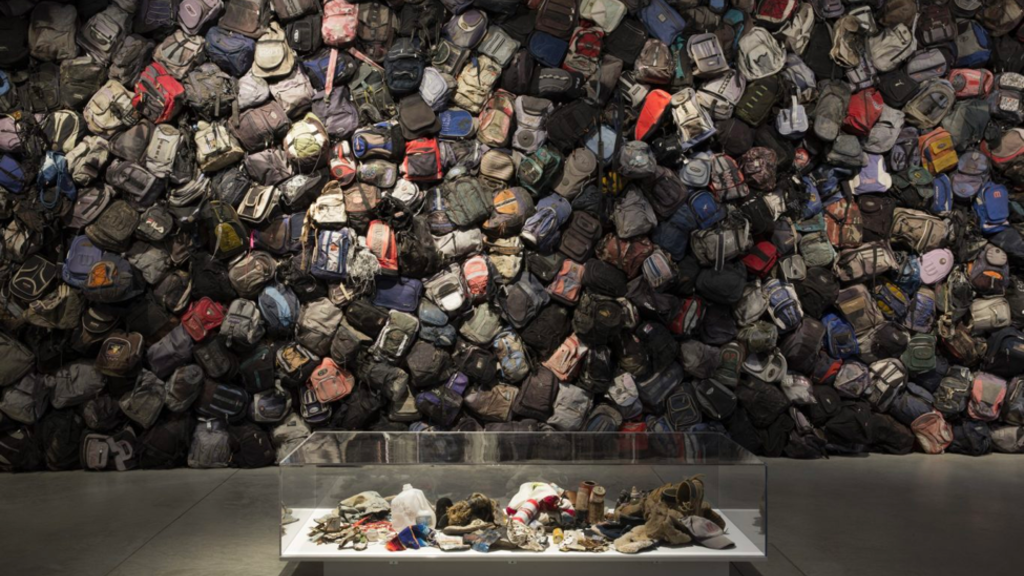
The Archeology of Ten Minutes Ago: Preserving the Artifacts of Border Crossing
Thursday, January 18, 2018
Across campus and community, you’ll be seeing the poster for our upcoming symposium, Against Amnesia: Archives, Evidence, and Social Justice. We wanted a powerful image to anchor our communications for this event—one that captures the urgency and importance of archiving in today’s political climate, especially in the name of human rights. Living, breathing archives, uncomfortable, incriminating...
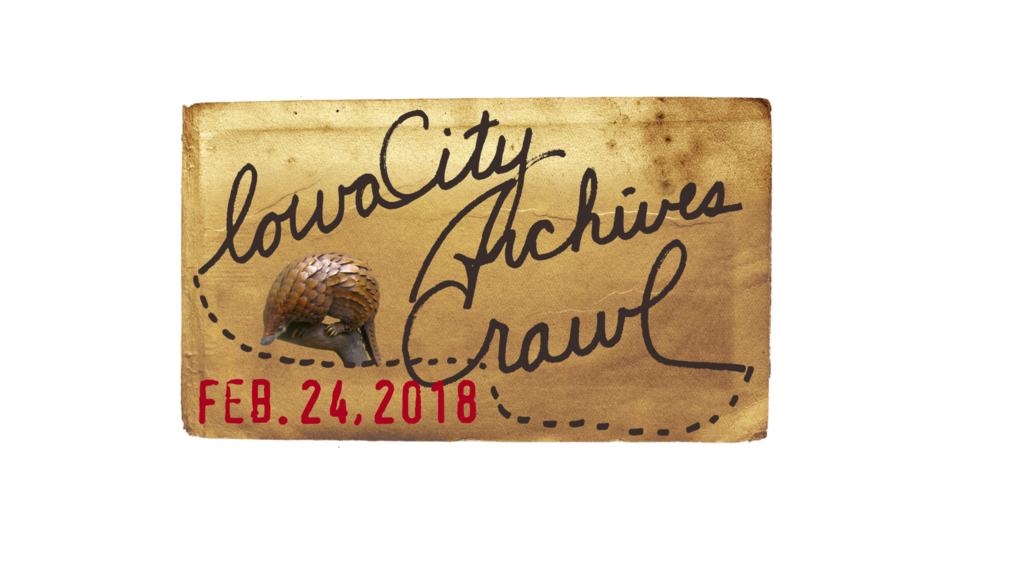
Iowa City Archives Crawl - Hold History in Your Hands!
Thursday, December 28, 2017
On Saturday, February 24, Iowa City hosts its first archives crawl. You'll hold history in your hands. Get behind-the-scenes tours of local museums and libraries. Talk to experts who can help you with your own home-archiving projects. And learn about projects that scholars and artists are currently creating from the impressive archival holdings of local institutions. Between 11:00 am and 3:00...
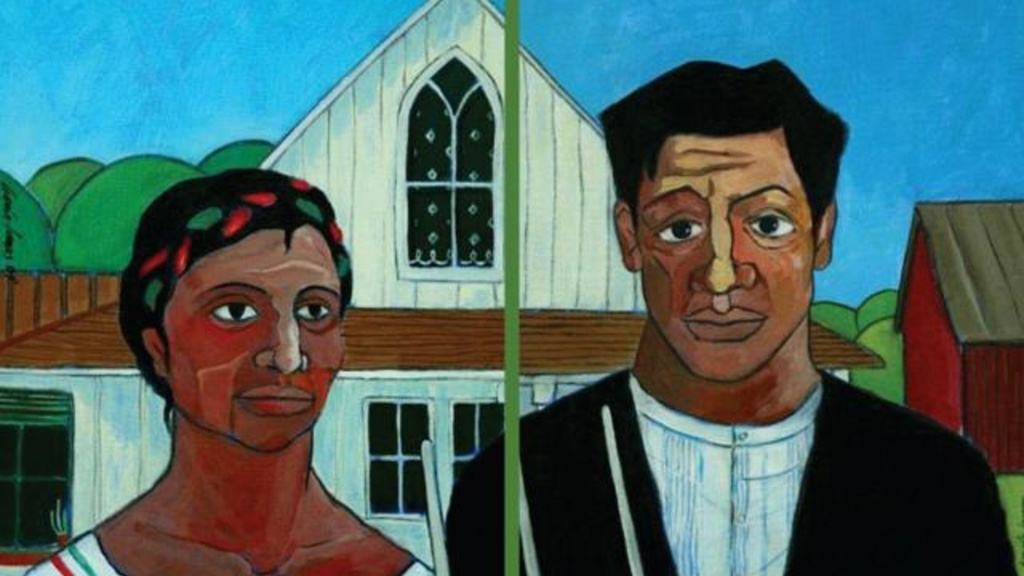
A Symposium Bears Fruit: New book and an inter-institutional grant the latest results of The Latino Midwest
Tuesday, February 28, 2017
Convening the right group of people at the right time can create not just a ripple effect but a tidal wave of creative, collaborative products. Claire Fox (English and Spanish & Portuguese, CLAS) has seen this firsthand. Since she co-directed The Latino Midwest, the 2012–13 Obermann Humanities Symposium, a new University of Iowa program has come into being, a related textbook is soon to be...
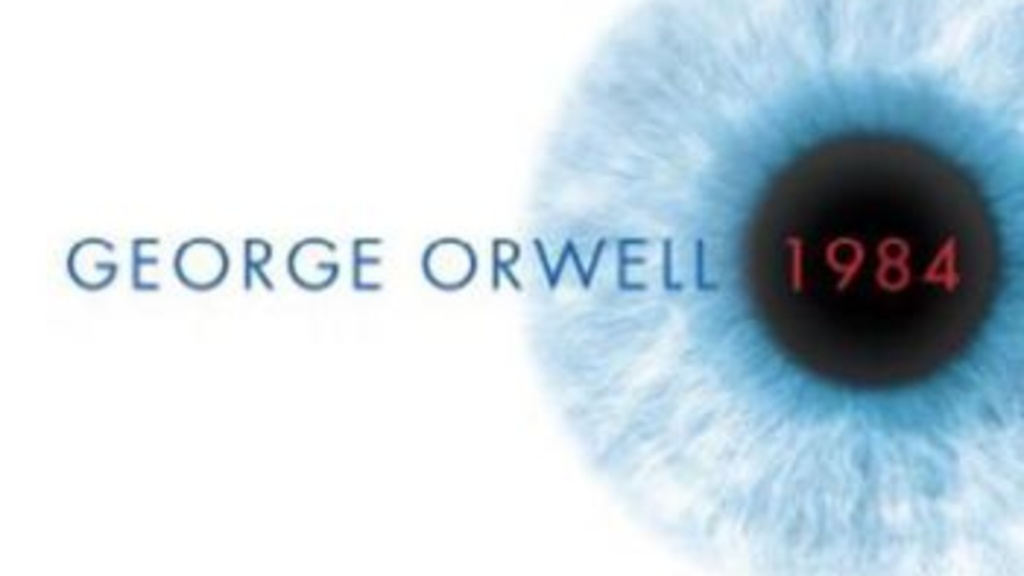
Announcing "1984 in 2017: A Symposium"
Monday, February 20, 2017
This April, Loren Glass (English, CLAS; Center for the Book) and the UI Center for Human Rights will present an interdisciplinary public symposium, 1984 in 2017. The all-day event will explore correlations between George Orwell's dystopian—and newly bestselling—novel 1984 and current events, addressing such questions as, What does it mean to live in a world where dystopian fiction resembles...
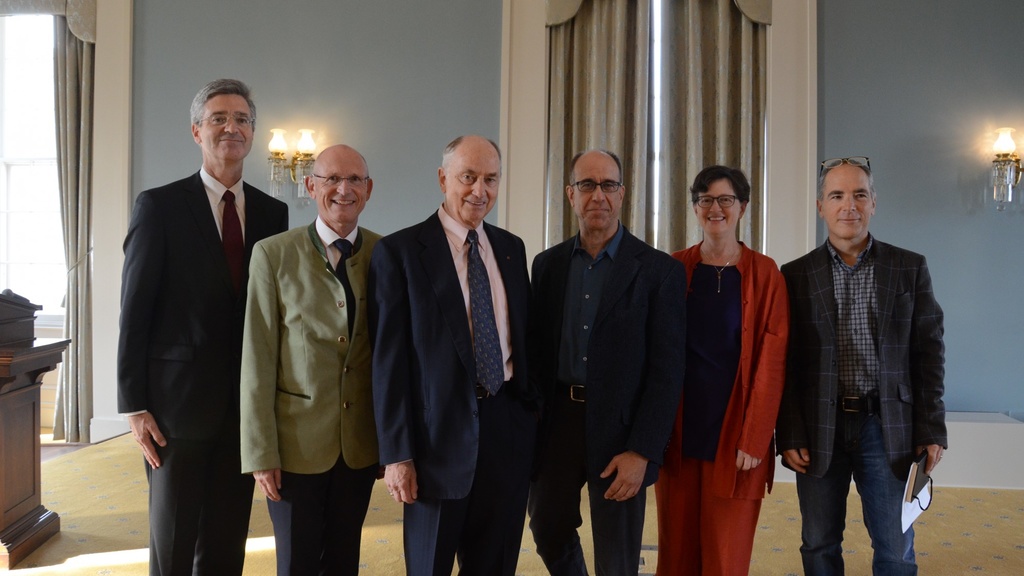
Snapshot of German Iowa in the Global Midwest Symposium
Thursday, November 17, 2016
German Iowa and the Global Midwest was a three-day symposium (Oct. 6-8, 2016) that explored Iowa's multicultural heritage. Part of a larger series of linked events, the 2016 Obermann Humanities Symposium was a tremendous success, gaining considerable local, statewide, and even national attention. Highlights Frank Trommler, an Ida Beam speaker, gave two public talks. The first, in the public...
Don Quixote in 140 Characters
Tuesday, October 20, 2015
Can one of the world's most iconic books be boiled down to a Tweetable 140 characters? Don Quixote was parodied or plagiarized, depending on how you look at it, before Cervantes could even write the second volume chronicling the misadventures of an errant knight and his loyal sidekick. The 400-year old tome has inspired a plethora of adaptations, including ballets, symphonies, cartoons, films...
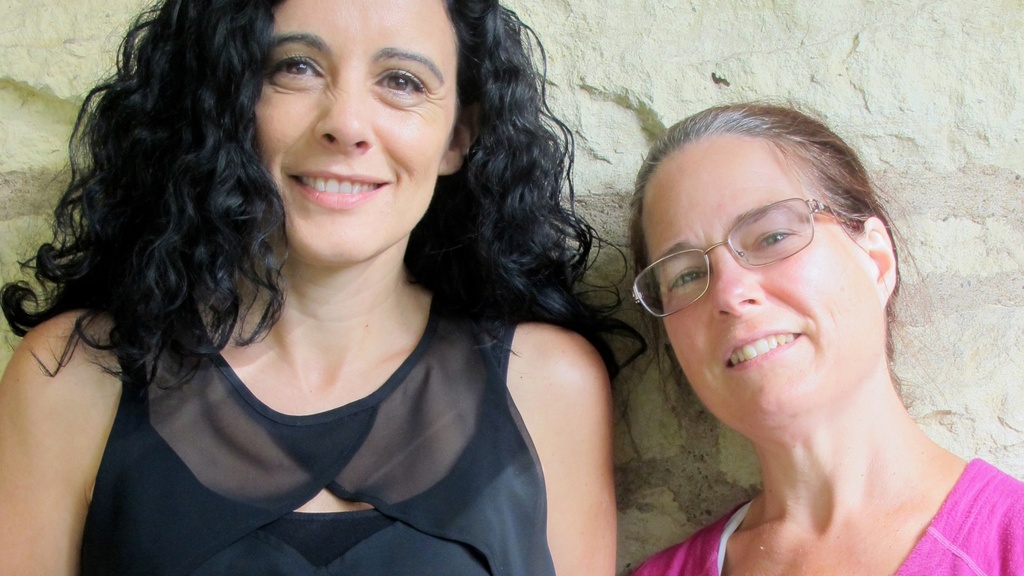
Connecting 400-Year-Old Knight Errant to UI Students and Community
Monday, September 28, 2015
This fall, University of Iowa students are discovering the charms of an aged knight-errant, his earthy sidekick, and a cast of colorful characters. In celebration of the 400th anniversary of the publication of Don Quixote, Ana Rodríguez-Rodríguez and Denise Filios, professors in Spanish and Portuguese, are co-directing the Obermann–International Programs Humanities Symposium, “Parody, Plagiarism...
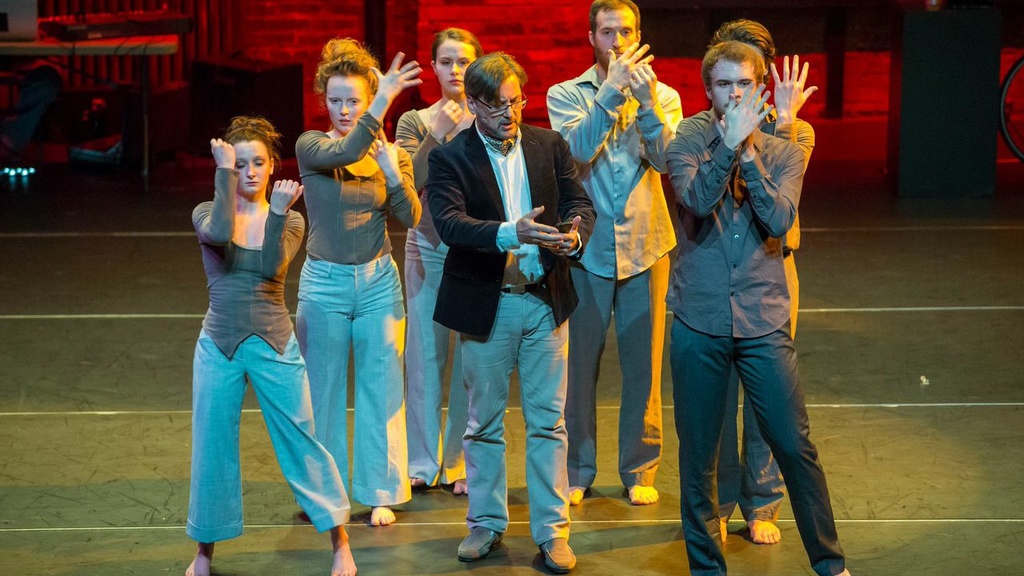
Scenes from Anthropocene Symposium
Thursday, April 9, 2015
Several keynote lectures from the 2014-15 Obermann Humanities Symposium, Energy Cultures in the Age of the Anthropocene were filmed and are now available on the Obermann's YouTube channel. Lonnie Thompson: "Climate Change: The Evidence and Our Options"; Jennifer Kayle and UI dancers: "Smoke-Screen: This and Other Warnings"; Charles Mann: "Energy and Climate: A Problem from Hell"...
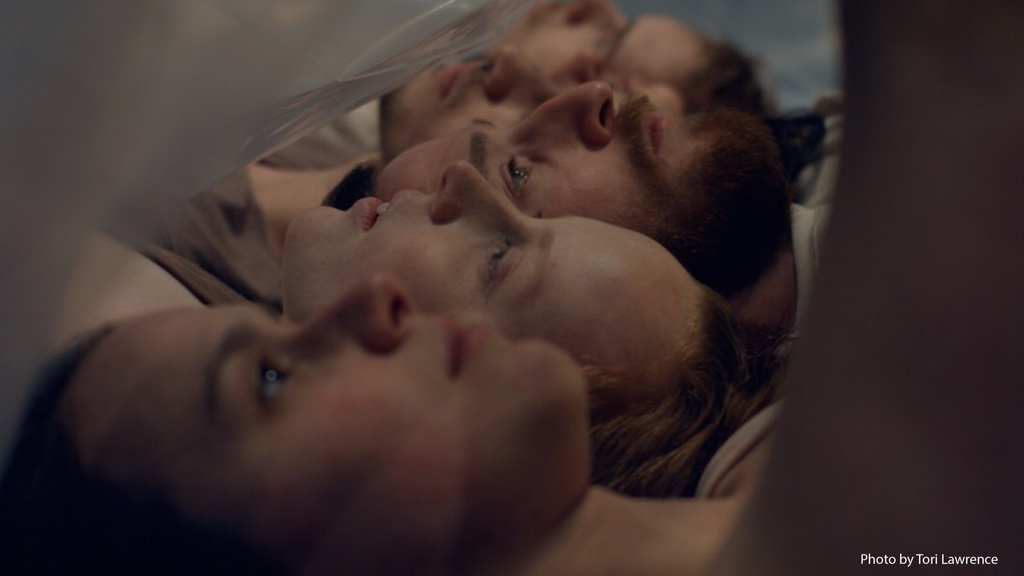
Smoke-Screen: Dance Performance Explore Themes of the Anthropocene
Wednesday, February 25, 2015
Smoke-Screen Debuts as Finale of Anthropocene Symposium Jennifer Kayle (Dance, CLAS; pictured left) has spent the past few months immersed in books like Diane Ackerman’s The Human Age: The World Shaped by Us and Elizabeth Kolbert’s The Sixth Extinction: An Unnatural History, as well as works about how complex science can be effectively communicated to a broader public. This research has been...
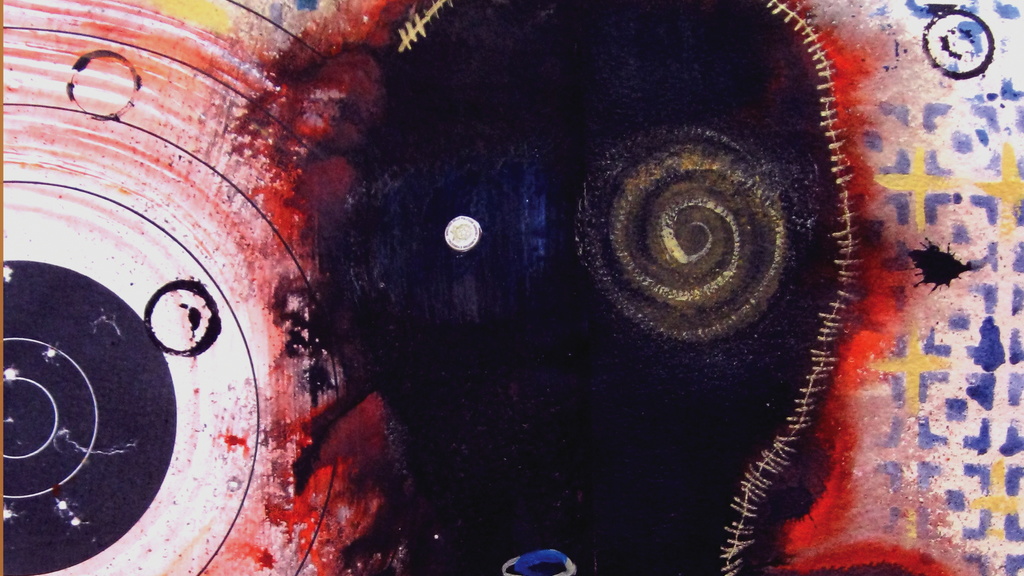
Inquiring About Affect - A Conversation with Naomi Greyser
Thursday, March 20, 2014
How might the work of artists, scholars, and activists be more pleasurable and easeful? How might our working environments and labor conditions be more healthy? These are some of the questions this year’s Obermann Humanities Symposium, Affect & Inquiry, will address. Co-directed by Naomi Greyser (Rhetoric, CLAS), Deborah Whaley (American Studies, CLAS), and Jeffrey Bennett (Communication Studies...

Author Luis Alberto Urrea Reads from New Novel
Wednesday, November 28, 2012
Author Luis Alberto Urrea will read from his new novel, Queen of America, during a reading on December 11 at 7 pm at The Englert Theatre. Urrea will be joined by Santiago Vaquera-Vásquez, fellow writer and co-director of The Latino Midwest, the 2012-13 Obermann Humanities Symposium. Urrea was born in Tijuana, Mexico to a Mexican father and an American mother....
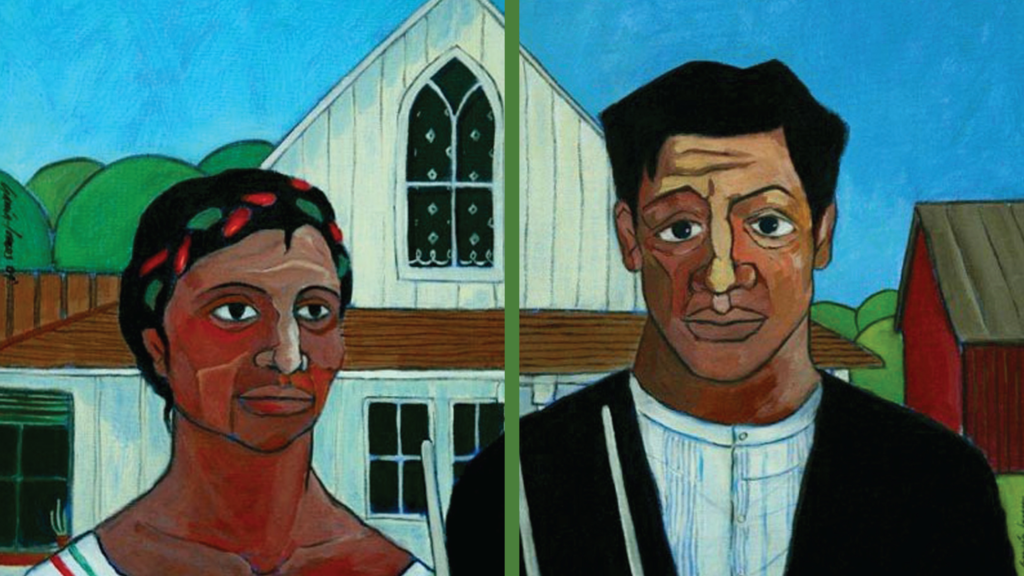
The Latino Midwest
Thursday, September 13, 2012
Latino culture has been helping shape the United States for hundreds of years, even before the U.S. was a country. Though the Latino population in the Midwest is small compared to other areas of the country, it continues to grow, infusing Latino art, literature, and music into the culture of the heartland.The Latino Midwest, the 2012-13 University of Iowa Obermann-International Programs Humanities...
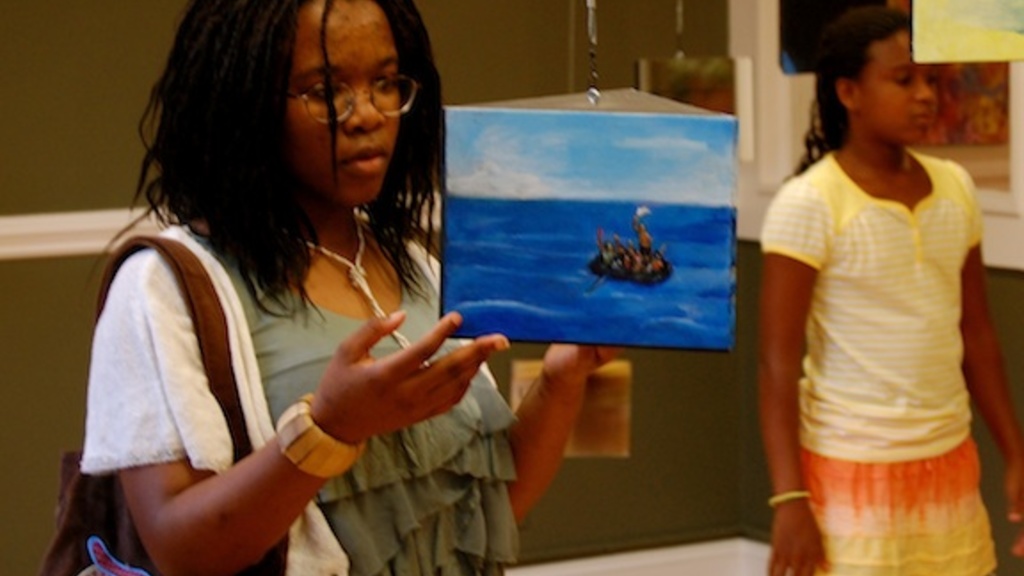
Migration Letters
Tuesday, August 28, 2012
Alejandro García-Lemos first came to the U.S. from his home in Colombia in order to attend graduate school in 1997. The painter, who now works as an interpreter for immigrants in hospitals and at the courthouse in Columbia, South Carolina, had visited the U.S. many times before finally decided to stay. "You meet someone, life changes," he says with a small laugh. The process of staying has hardly...